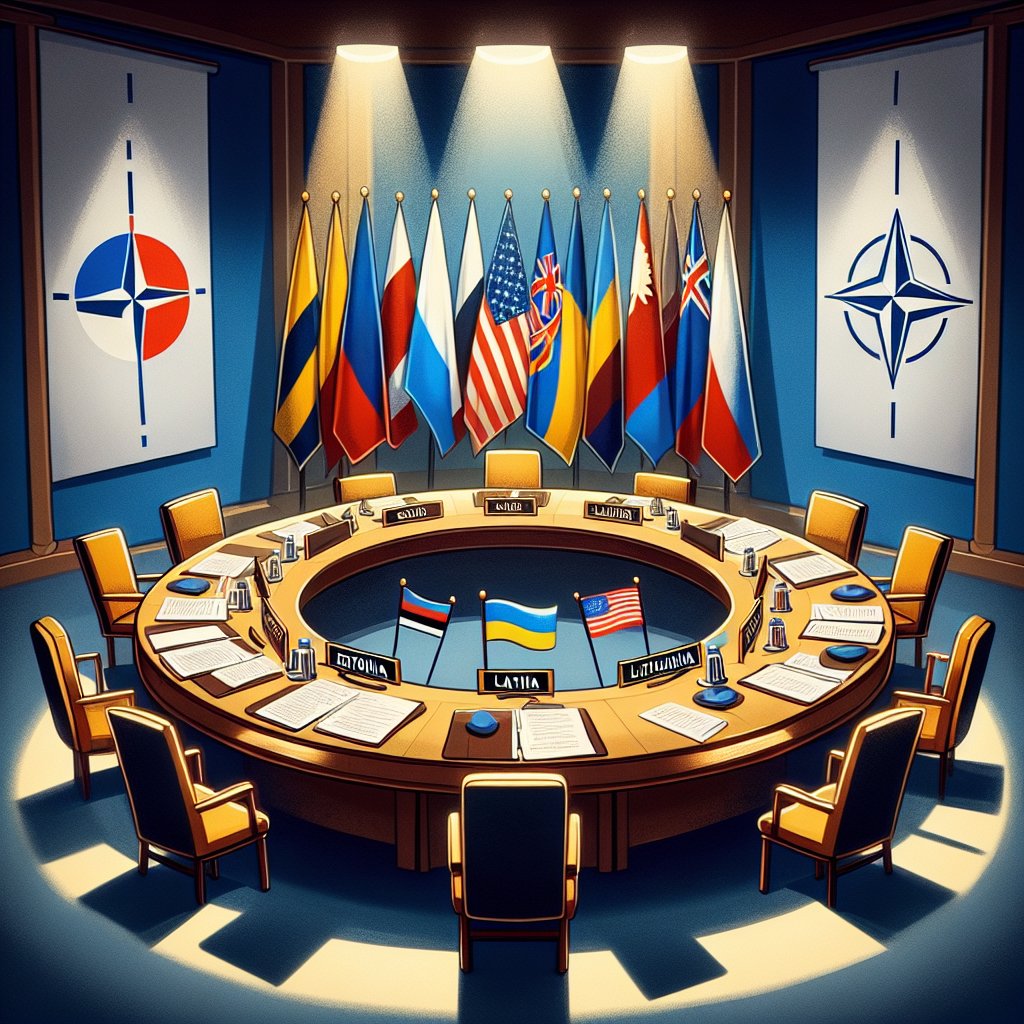Image: AI generated for illustration purposes
Baltic Ministers Boycott OSCE Summit Over Russia's Inclusion Amid Ukraine Conflict
In a concerted diplomatic stand, the foreign ministers of the Baltic nations of Estonia, Latvia, and Lithuania have chosen to abstain from attending the upcoming Organization for Security and Cooperation in Europe (OSCE) Ministerial Council summit. The decision comes as a direct response to the OSCE's invitation to Russian Foreign Minister Sergey Lavrov, a move the Baltic states perceive as an undue legitimation of the Russian incursion into Ukraine.
This announcement marks a significant moment in the ongoing geopolitical tensions accentuated by the conflict in Eastern Europe. It reflects not just a regional but a symbolic stance, emphasizing the importance of international accountability and the role of such organizations. The decision by the Baltic states further demonstrates their solidarity with Ukraine and their unwavering stance on Russia's military aggression, stressing that Lavrov's "propaganda opportunity" undermines the very premise of the OSCE’s peace and cooperation objectives.
Aligning with the Baltic ministers, Ukraine's foreign ministry spokesman Oleh Nikolenko has also made a pointed critique of Russia's role within the OSCE, accusing it of manipulative tactics and directly compromising the integrity of the organization. This accusation, paired with the alleged detention of Ukrainian OSCE representatives, consolidates an image of Russia as an aggressor within diplomatic circles.
The confluence of these events takes place against the broader canvas of NATO and European Union deliberations on assistance to Ukraine. With NATO Secretary-General Jens Stoltenberg advocating for continued backing of Ukraine, one observes a concerted Western effort to counterbalance Russian military pursuits.
At the heart of the controversy lies the nature of the OSCE itself. North Macedonia, currently holding the rotating OSCE presidency, extended the invitation to Lavrov in what is slated to be his inaugural visit to a NATO member state since the war began. North Macedonia's Foreign Minister Bujar Osmani underscored the OSCE's impartiality, suggesting that the organization functions as a neutral entity, echoing similar sentiments to Lavrov's previous attendance at the United Nations.
Despite Osmani's defense of the OSCE's neutrality, he displayed a robust approach towards Russian conduct in Ukraine. Osmani indicated a strong message to be delivered to Lavrov highlighting the OSCE’s transformed role into a platform ensuring political and legal responsibility of Russia for its actions in Ukraine, reinforcing the collective demand for international justice.
It's in these regards that the story unfolds: a complex narrative reflecting the intertwining of international diplomacy, regional stability, and the unwavering pursuit of upholding international law. The Baltic countries' stance remains emblematic of a broader unwillingness to normalize or legitimize Russian military strategy and instead calls for a reaffirmation of global norms and peacekeeping principles.










